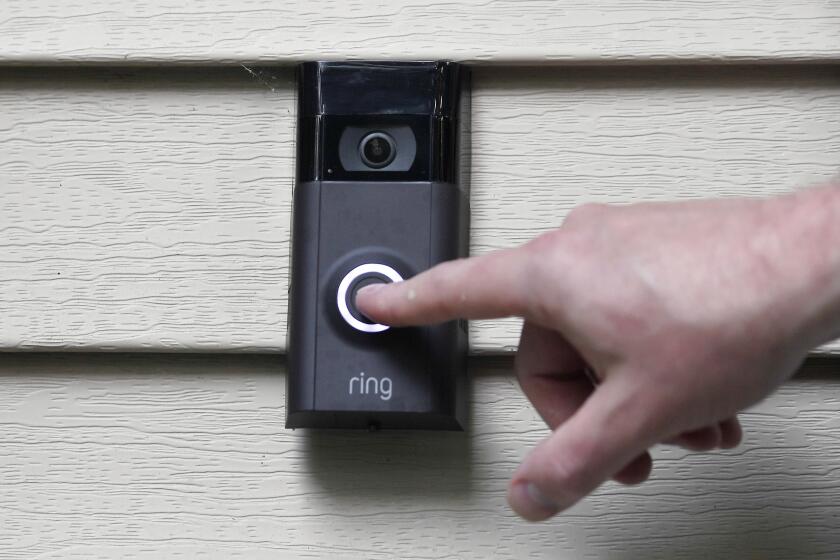Column: What tech would we be better off without? I asked, you answered
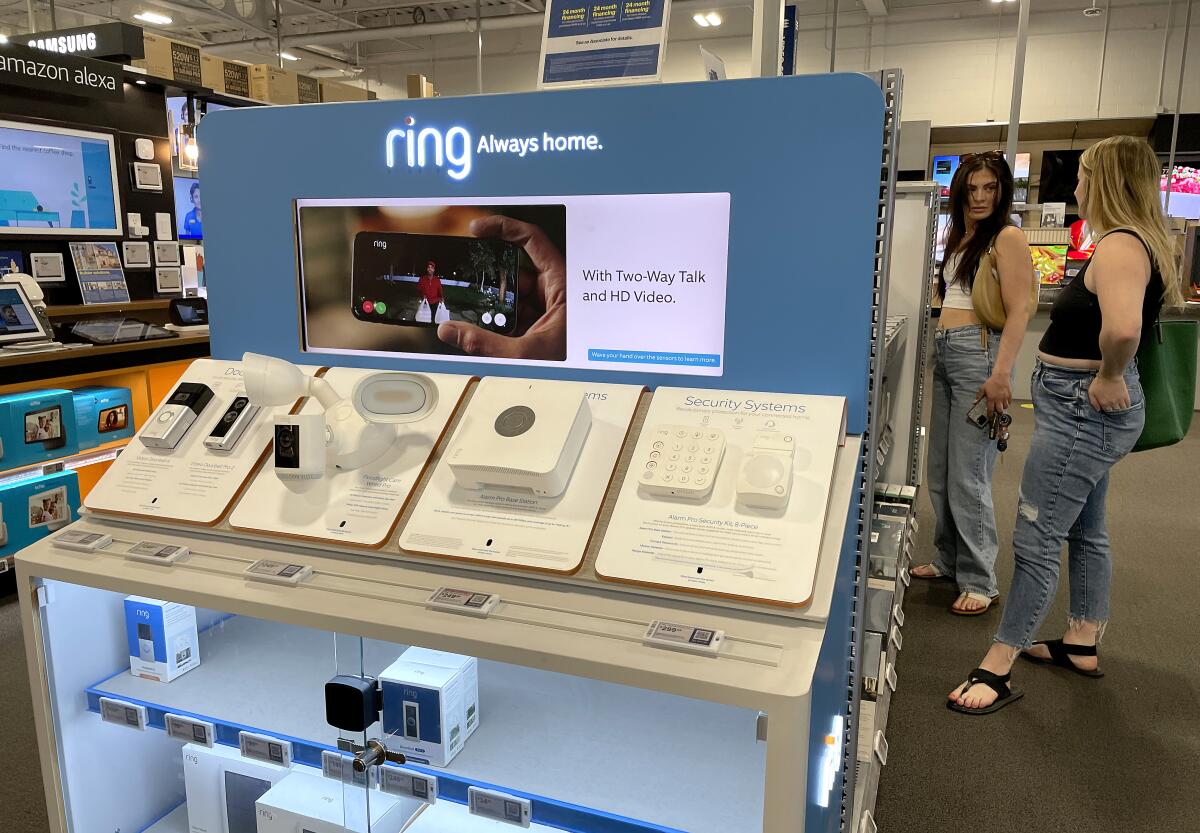
- Share via
Well, goodbye to all that.
Now that 2023 is drawing to a close, and it’s time that we begin to look to the new year, why don’t we spend a minute clearing our closets and minds of all the tech we don’t need? The better to start fresh, and to steel ourselves for the AI-drenched year ahead.
A few weeks ago, I convened a panel of journalists, technologists and critics to vote on the Worst Tech of the Year — we wound up with a sort of anti-gift guide as the Christmas shopping season kicked into full swing. A list of tech we wish didn’t exist. It was a fun, only somewhat snarky exercise that generated a ton of genuinely great discussion about the impact of tech on society.
The holiday season is here, and with it ubiquitous guides to smart gadgets and tech toys. But what about the products we’re better off without? Our experts weigh in.
I also asked all you readers, commenters and social media users to submit votes for worst tech of the year — and I got a deluge of thoughtful (and very energized) responses. I don’t think I got more messages from any other column of the year (maybe the one on Silicon Valley and the Hollywood strikes, but that’s it), and it was both fun and eye-opening to read your thoughts on how we want to see technology used in our lives.
This also wraps up my first year as your friendly neighborhood tech columnist here at The Times, and I want to say thanks — I’ve gotten so many well-written and thought-provoking notes and emails over the year, it’s enriching in a way that social media discourse too often is not. That’s one of my New Year’s resolutions: more digital slowcore discourse. Keep the letters coming; I read every one, when the spam filters don’t get ‘em.
So to close out 2023, a year in which we had plenty to be critical about, I’m turning the mic over to you readers. Here are your picks for the worst tech of the year.
Waze
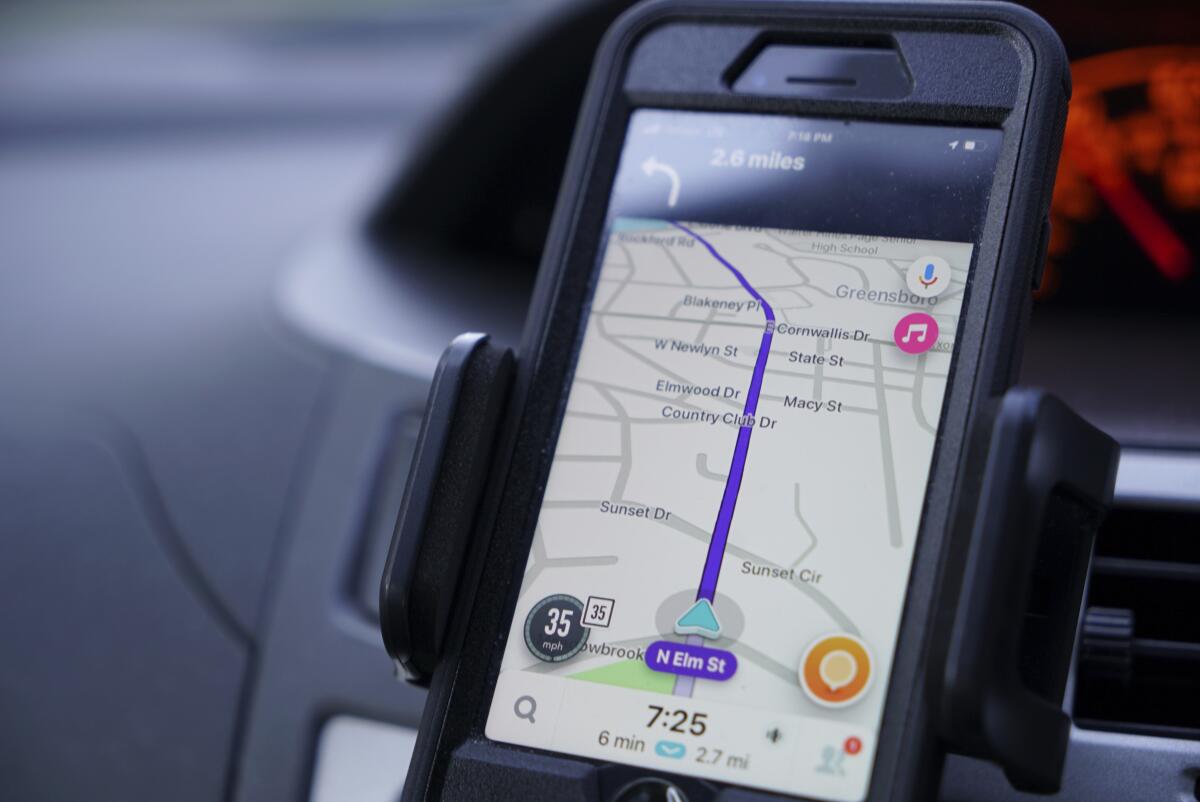
The hands-down, horns-up “winner” of this competition is Waze. The items you’ve listed are mere potential or metaphysical threats to humanity. Waze, on the other hand, is a clear and present danger to every pedestrian, equestrian, simian and median on the planet. It plays not simply to the growing share of the population willing to make forty-five turns to shave three seconds off their travel time, but, as well, to those who race through pacific neighborhoods to drive home prices into their range.
Let them eat concrete!
Mark Steinberg
Digital billboards
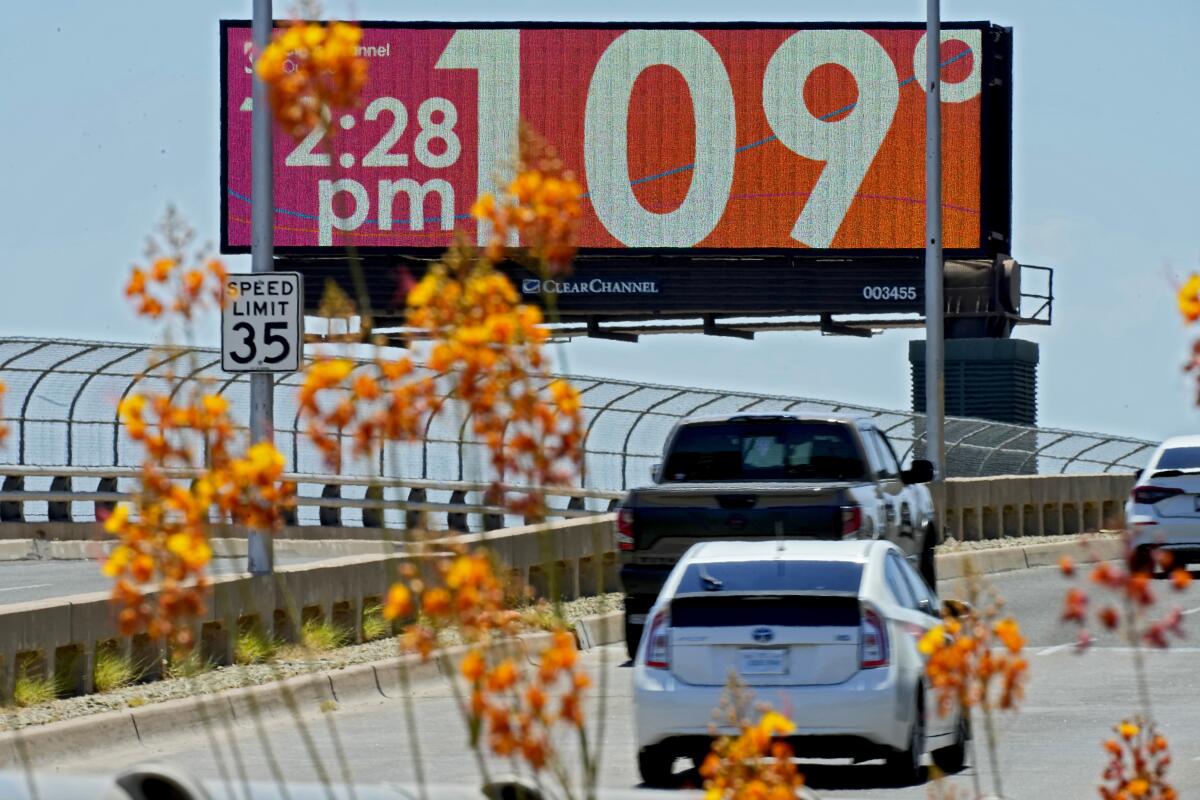
Here’s an addition your Southland readers will appreciate: digital billboards. Do we need another distraction while we’re behind the wheel? Don’t we already have more than enough light pollution?
Janet Scoll Johnson
Richmond, CA
Latch keyless entry system
Here is a list of things I dislike about the Latch system (in no particular order): it’s ugly, borderline fug-ly. It is inconvenient — must I carry my cell phone with me every minute I leave my apartment in order to get back inside? Also, I am not sure Latch is completely secure — when I reached out to customer support for additional info about how my home entry codes are generated and secured, let’s just say I was less-than-impressed 🤣. Oh, did I mention it’s fugly?
Kimberly Duke
Credit card fees
You surprisingly reflected every one of my concerns! My 25-year-old works in tech and I am referred to as the Luddite, but here are a few things I would love to see:
- Under the tree for me: a refurbished IBM Selectric III with another for spare parts — the meditative quality of writing with that machine is unparalleled.
- Everyone who loves their local businesses please stop using credit cards & use cash as frequently as possible to help them financially. The costs of credit card fees to businesses is exorbitant and unconscionable, and costs when bearable are passed to the consumer.
Ruth Peebles
Ring cameras and text messaging
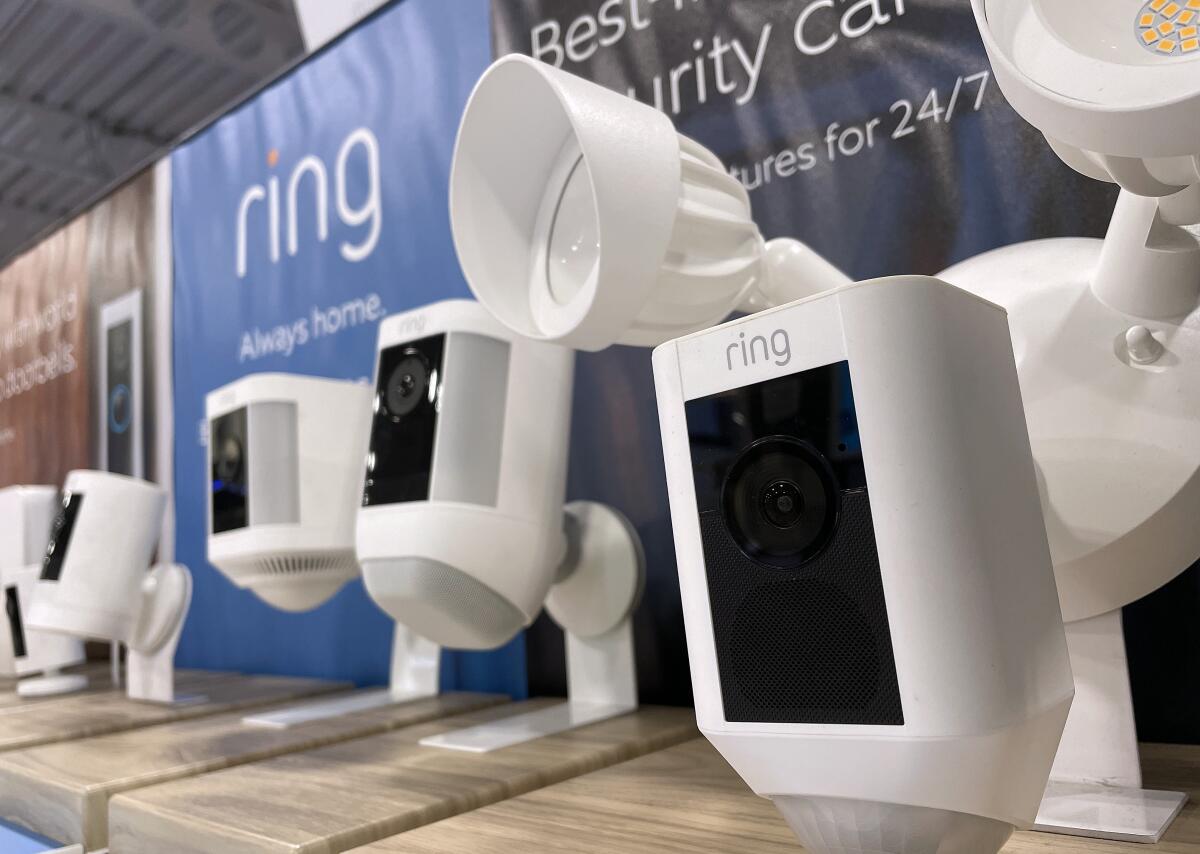
Ring cameras make me feel like I’m giving a deposition at friends’ doors. They say “oh, I will delete it,” but do we really know what happens to the footage once it’s on the Ring servers?
The other tech I detest is texting. I don’t have it. It’s becoming difficult to live without, for example when receiving security codes. Some financial institutions don’t offer phone call codes, just text codes.
Texting, in my limited experience, invariably becomes an endless exchange of additional information, where a short phone call would resolve everything in one go, with the added benefit of reading the other person’s tone of voice. It is my understanding that younger people are almost offended by a voice call, instead of a text. To them I would say, let me just fax you.
Chris Paul
Self-checkout

Thanks for your article... You speak for a growing number of folks, young and old, who are being driven nuts by some of these inventions which allegedly improve our lives.
My nomination for tech to fall under the hammer is the self-checkout.
In an age of increased isolation and loneliness, some Americans see skipping self-checkout as a path toward connection.
This is supposed to whisk us through the grocery line at the speed light. It might just do that if it actually worked.
The wicked voice informs “unexpected item in the bagging area. Please blah blah blah.” Once that is solved, it seems that the can of cat food you have scanned reads out as $46 worth of caviar. Good luck getting anyone to fix it. It’s amazing the number of errors that can be made using this helpful technology.
Mary Lou McKenney
Portable bluetooth speakers
Super loud portable speakers that people use everywhere — beach, public transport, camping in nature, picnic in the park, hiking trails. They started a while ago, but every year we get a worse version of what we already thought was the worst.
Smart thermostats, single-use light fittings, and ‘smart’ refrigerators
Smart thermostats, single-use light fittings where the whole fitting has to be thrown out when the bulb has gone, fridges with cameras that show you a video of what’s inside, digital shower controls.
Anything that adds a low-value digital element to something where a mechanical function can do the job is adding a huge environmental cost for minimal benefit, adding points of failure and loads of extra expense down the line.
Also it really sucks when you’re in the middle of a shower and it suddenly turns off, and suddenly you’re having to google wtf the error message on your shower means.
Jess McCabe, via Twitter.
*This one was seconded by a commenter on the original article: wsy.law wrote, “Any appliance that picks up video — does anyone really need a TV in the refrigerator?”
Internet of things, weight loss technology
A breath of fresh air for this time of year. My personal anti-gifts would be anything IOT for the home, commercial health tracking weight loss tech, and the internet.
Chatbots that impersonate historical figures, Boston Dynamics’ robot dog Sport
Two of the worst technologies of 2023 from education contexts that I keep thinking about...
1) The convergence of the ELIZA Effect and digital necromancy with chatbots, like Khanmigo from Khan Academy, that people confuse for historical figures such as Harriet Tubman.
And 2) Dystopian robot dogs and the proposed militarization of K-12 and post-secondary in the name of ~innovation~
